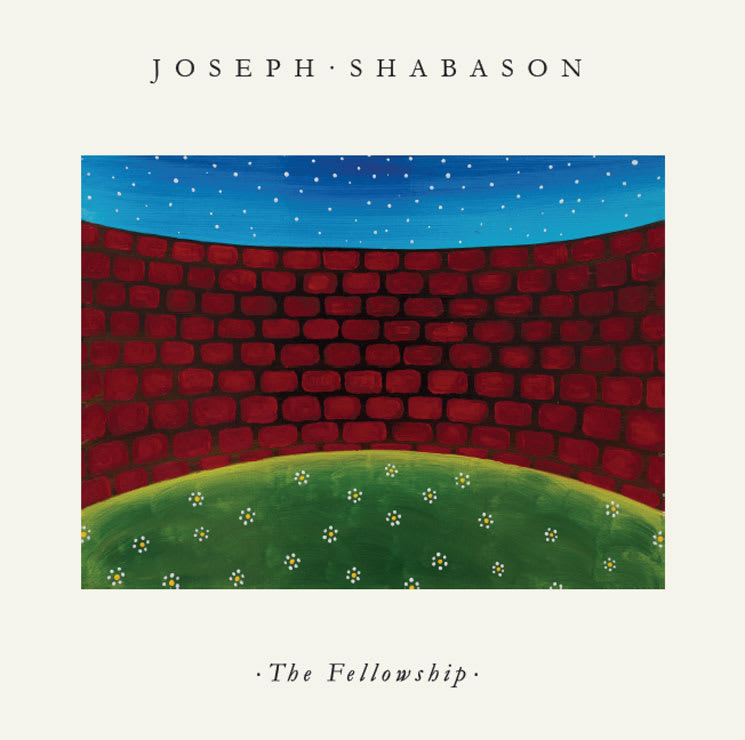Joseph Shabason has spent much of his career in service to others. Whether it's through his work as a member of synthpop group DIANA, sideman in Destroyer or session musician, the Toronto-based multi-instrumentalist Shabason is an ace at helping others realize their artistic vision.
So it should come as no surprise that for his solo career Shabason tends to dig deep into his personal life for inspiration. 2018's Anne focused on his mother's memories of her childhood as well as her struggles with Parkinson's disease. He goes back to the family well again on The Fellowship, this time digging into his own upbringing in a dual-faith household in suburban Toronto. Though raised in traditional Jewish households, his parents adopted spiritual Islam in their 20s and raised Shabason and his sister with both religions. His childhood, he says, "was pretty wonked."
You can trace the evolution of Shabason's thinking across the record's eight tracks, opening with "Life with My Grandparents" and the anxious "Escape from North York." Shabason is best known as a saxophonist, an instrument he frequently layers with effects here, essentially transforming or obscuring its natural sound. It's augmented by keys, flute, vibraphone, and even guitar from Thom Gill, among other contributors.
But the album's heart is the three-song suite consisting of "0-13," "13-15" and "15-19," where questioning turns to rejection. "So Long," the album's winding denouement, finally breaks the tension that's been quietly building over the previous 30 minutes, offering listeners a sense of relief they didn't necessarily know they needed.
Compared to your average pop record, instrumental jazz and ambient music, the wells from which The Fellowship sprung, can be intimidating. A trained musician, Shabason knows these worlds well and can speak, both musically and in conversation, to the genres' giants. But the record's narrative throughline gives listeners who are more familiar with Shabason's work as a session musician and sideman an easy way into this world.
This makes The Fellowship the best kind of record regardless of genre. The emotions that are being expressed feel lived-in and deeply personal while remaining open to listener interpretations. The specifics of Shabason's story are unique, but most people will have encountered some crisis of conviction in their adolescence, be it one of faith or otherwise.
(Telephone Explosion)You can trace the evolution of Shabason's thinking across the record's eight tracks, opening with "Life with My Grandparents" and the anxious "Escape from North York." Shabason is best known as a saxophonist, an instrument he frequently layers with effects here, essentially transforming or obscuring its natural sound. It's augmented by keys, flute, vibraphone, and even guitar from Thom Gill, among other contributors.
But the album's heart is the three-song suite consisting of "0-13," "13-15" and "15-19," where questioning turns to rejection. "So Long," the album's winding denouement, finally breaks the tension that's been quietly building over the previous 30 minutes, offering listeners a sense of relief they didn't necessarily know they needed.
Compared to your average pop record, instrumental jazz and ambient music, the wells from which The Fellowship sprung, can be intimidating. A trained musician, Shabason knows these worlds well and can speak, both musically and in conversation, to the genres' giants. But the record's narrative throughline gives listeners who are more familiar with Shabason's work as a session musician and sideman an easy way into this world.
This makes The Fellowship the best kind of record regardless of genre. The emotions that are being expressed feel lived-in and deeply personal while remaining open to listener interpretations. The specifics of Shabason's story are unique, but most people will have encountered some crisis of conviction in their adolescence, be it one of faith or otherwise.
